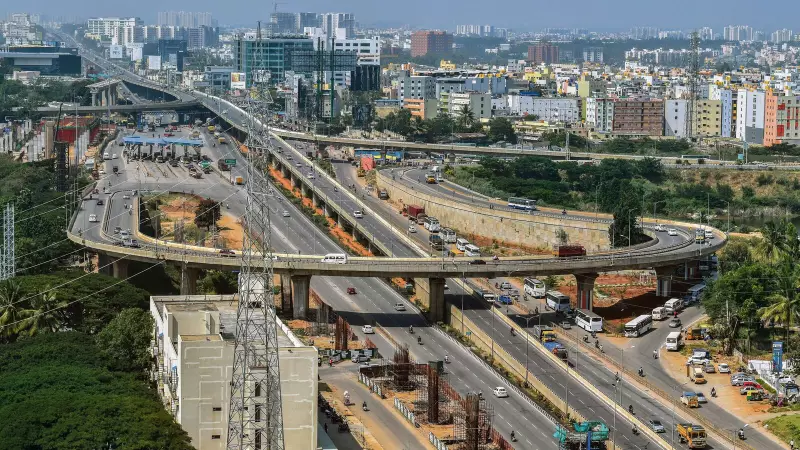
India's metropolitan giants—Mumbai, Delhi, and Kolkata—are grappling with an unprecedented urban infrastructure crisis that demands revolutionary solutions. The proposed Special Governance Zones (SGZ) policy emerges as a potential game-changer, offering a fresh approach to urban administration and development.
The Urban Crisis: More Than Just Infrastructure
Major Indian cities face a complex web of challenges that extend far beyond visible infrastructure problems. The core issue lies in fragmented governance structures where multiple authorities operate with overlapping jurisdictions, creating bureaucratic gridlock and implementation delays.
"The current administrative framework wasn't designed to handle the scale and complexity of modern urban challenges," the policy analysis suggests. This fragmentation results in critical infrastructure projects getting stuck in approval processes, ultimately affecting millions of citizens.
What Are Special Governance Zones?
The SGZ concept represents a radical departure from traditional urban governance models. These zones would function as:
- Unified administrative entities with consolidated decision-making power
- Special economic zones for governance innovation
- Testing grounds for policy experimentation
- Accelerated development corridors with streamlined processes
Learning from Global Success Stories
The SGZ policy draws inspiration from successful international models while adapting them to India's unique context. From China's Special Economic Zones to Dubai's development authority model, the proposal studies what works in rapid urban transformation.
Key differentiator: Unlike previous approaches that focused primarily on economic incentives, SGZs prioritize governance efficiency as the primary driver of development.
Potential Impact on Major Cities
For cities like Mumbai, struggling with outdated infrastructure and administrative bottlenecks, SGZs could mean:
- Faster implementation of critical projects
- Integrated planning across currently siloed departments
- Attraction of specialized talent to urban administration
- Innovative funding mechanisms for infrastructure
The Road Ahead: Challenges and Opportunities
While the SGZ concept shows promise, implementation faces significant hurdles. Political consensus, legal frameworks, and inter-departmental coordination present substantial challenges that need careful navigation.
The bigger picture: If successfully implemented, Special Governance Zones could set a new paradigm for urban development not just in India, but across developing nations facing similar urban challenges.
As India continues its rapid urbanization journey, innovative governance solutions like SGZs might hold the key to creating sustainable, efficient, and world-class cities that can support the aspirations of millions of urban residents.






